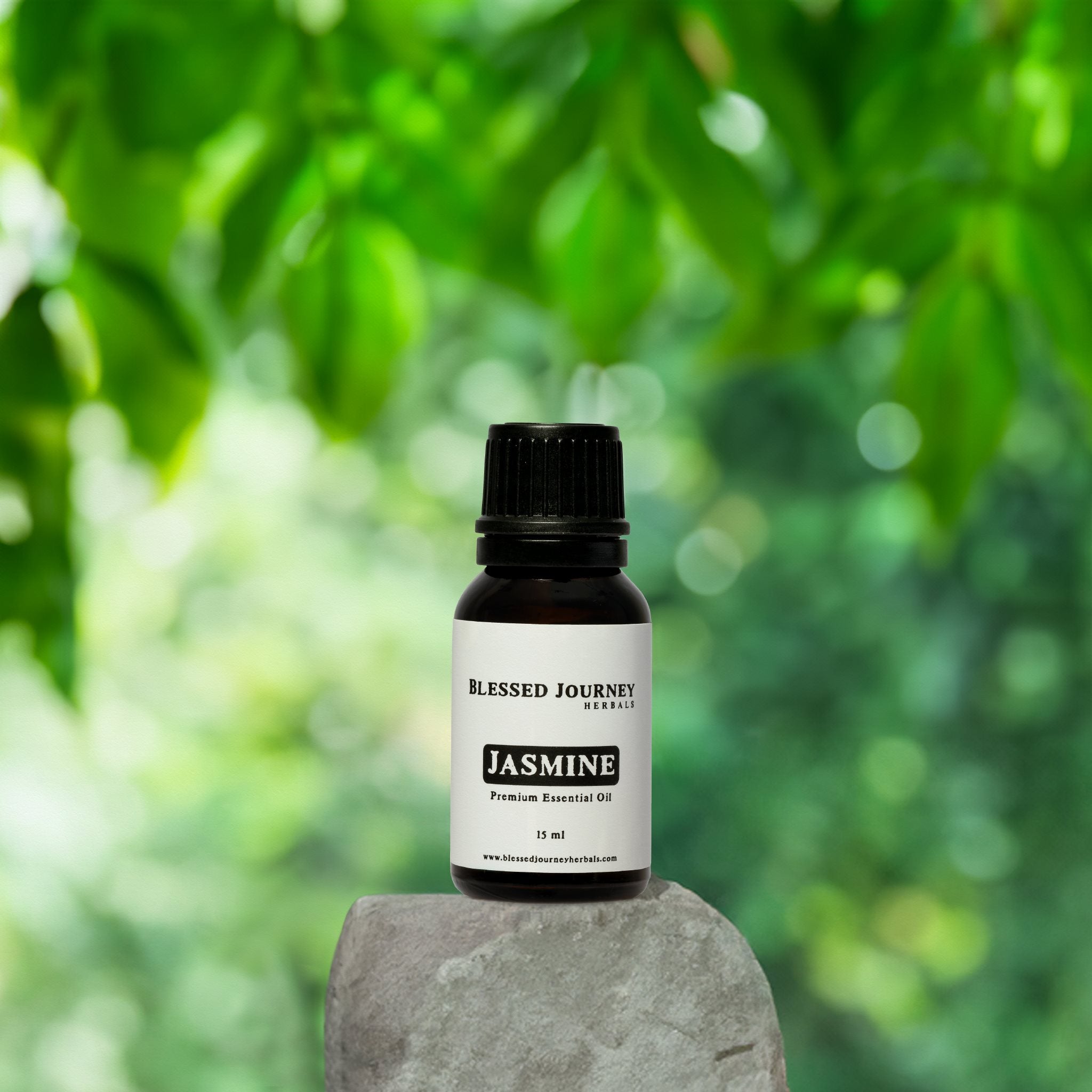Historical Significance
Egypt has a long-standing association with fragrances and essential oils, dating back to ancient times. The land of the pharaohs was renowned for its skilled perfumers who crafted exquisite scents for religious rituals, beauty treatments, and personal adornment. Jasmine, believed to have originated in Persia, found its way to Egypt, where its aroma and therapeutic benefits captivated the senses of many. This enduring fascination led to the cultivation and extraction of jasmine essential oil, preserving the tradition of this aromatic treasure.
Extraction Process
The process of extracting jasmine essential oil is a delicate and time-intensive art that requires precision and expertise. Jasmine blossoms, which only release their potent fragrance at night, are handpicked in the early morning hours to capture their essence at its peak. These blossoms are then carefully processed using methods such as steam distillation or solvent extraction. Steam distillation involves passing steam through the flowers to separate the essential oil, while solvent extraction uses solvents to dissolve the aromatic compounds. The resulting jasmine essential oil is a concentrated liquid that embodies the flower's true essence.
Aromatic Profile
Jasmine essential oil is renowned for its alluring and captivating scent. Its floral, sweet, and slightly musky aroma has a calming and uplifting effect on the mind and emotions. The oil's complex fragrance profile makes it a coveted ingredient in high-end perfumery, where it's often referred to as the "king of essential oils." A single drop of jasmine oil can infuse a sense of elegance and luxury into any blend, making it a prized possession among perfumers and aromatherapists alike.
Therapeutic Benefits
Beyond its enchanting aroma, jasmine essential oil offers a range of therapeutic benefits. In aromatherapy, it is known for its ability to alleviate stress, anxiety, and depression. The oil's soothing properties can help calm the mind and promote a sense of emotional well-being. Additionally, jasmine essential oil is used in skincare for its rejuvenating and moisturizing effects. It can assist in reducing the appearance of scars and stretch marks, making it a popular choice for natural skincare enthusiasts.
Cultural Symbolism
Jasmine holds deep cultural significance in Egypt and various other regions around the world. In many cultures, jasmine is associated with love, purity, and sensuality. Its blossoms have been used to adorn bridal bouquets and as offerings to deities. In Egypt, jasmine is not only a source of essential oil but also a symbol of hospitality and welcome. The aroma of jasmine often greets visitors and guests, creating an atmosphere of warmth and relaxation.
For More Info:-
